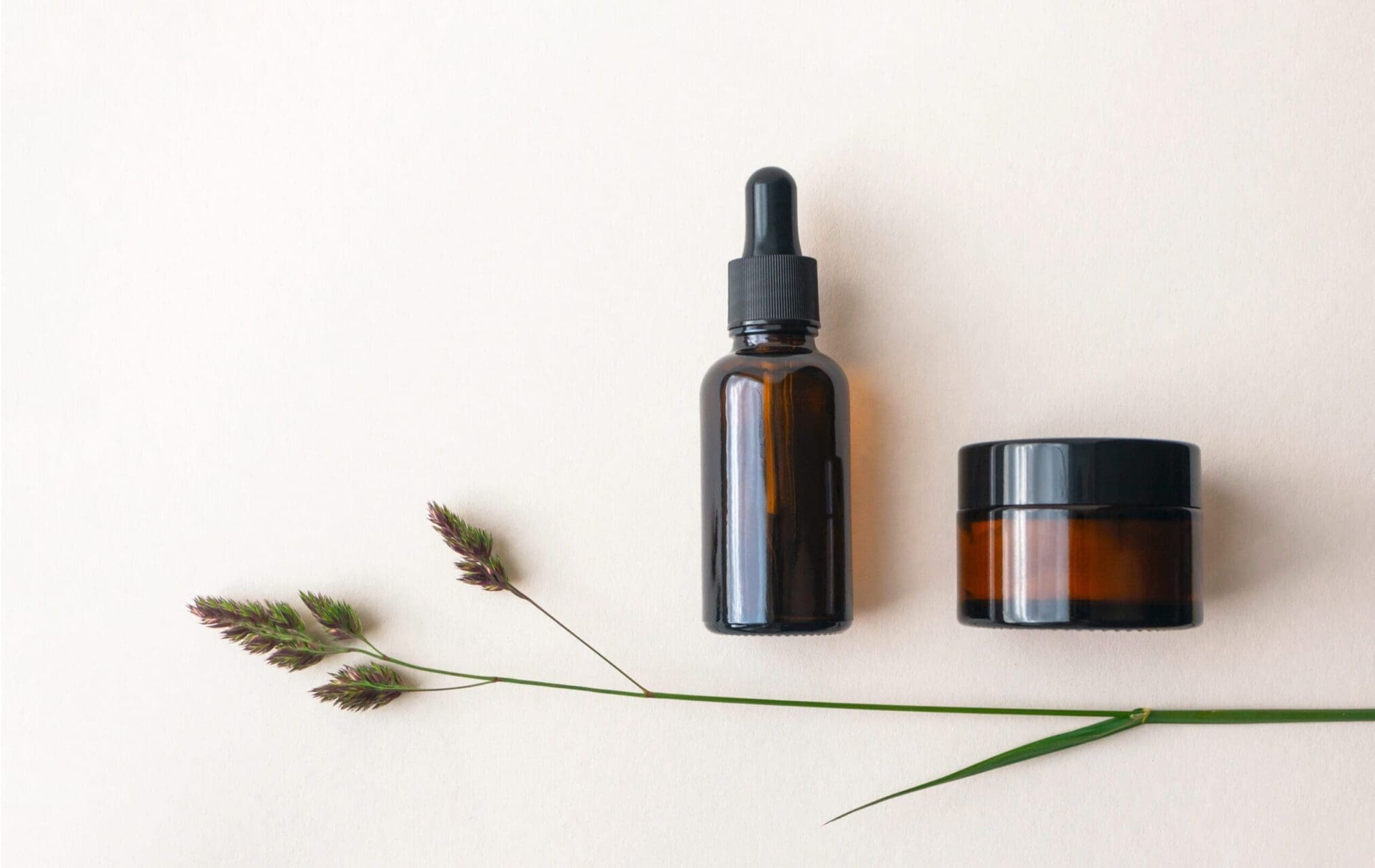On 25th March 2015, the European Commission requested that the SCCS (Scientific Committee of Consumers Safety) elaborate on their verdicts on α-Arbutin, β-Arbutin and Deoxyarbutin, three chemical forms of Arbutin.
The request follows widespread concern over the safety of this ingredient, extensively discussed in the beauty industry and the EU cosmetics regulatory sector.
Which are the concerns on Arbutin?
The possibility that Arbutin could not be safe for use in cosmetic products arises from the fact that it is a hydroquinone releasing substance. The presence of Arbutin leads to the release of Hydroquinone, a skin-whitening substance used in skincare creams, lotions and similar cosmetics in the past.
Currently, Hydroquinone is totally banned in cosmetic products according to the EU Cosmetics Regulation 1223/2009 – except in artificial nail systems for professional use only, in which up to 0.02 % is allowed (after mixing for use) – since it was concluded that the substance had clinical side effects.
Previous SCCS opinions on β-Arbutin expressed the concern that Hydroquinone will be bioavailable when Arbutin was present in the formulation, and concluded that for products containing Arbutin it should be ensured that the Hydroquinone content does not exceed 1 ppm in the finished product.
But does this condition ever occur, given that Arbutin results on Hydroquinone release? It remains unclear if the use of Arbutin in skin-whitening cosmetics can be regarded as safe at certain concentration levels under given conditions.
What are the implications for the cosmetics industry?
The skin-whitening industry fighting to find the safest formulation alternatives is certainly not a new issue. Even before the ban of Hydroquinone, the regulatory bodies expressed their concerns on Hydroquinone releasing substances, and skin-whitening ingredients in general are periodically put under review.
A positive SCCS opinion on Arbutin could ultimately alleviate the safety concerns on the substance and confirm to the industry that one of the most effective skin-whiteners remains an option for their formulations.
On the other hand, a negative conclusion by the SCCS on the safety of Arbutin would lead to a great challenge for the skin-whitening beauty companies, as it will become even more necessary to develop new skin-whitening formulation alternatives and boost the existing ones.
All will be clarified in a few months when the SCCS verdict will be published.
With more than 25 years of regulatory experience, it will be our pleasure to help and advice you on EU cosmetics regulatory updates, SCCS opinions and restricted or banned cosmetic ingredients in the EU. If you would like to know more on cosmetics products regulatory compliance, please contact us.


